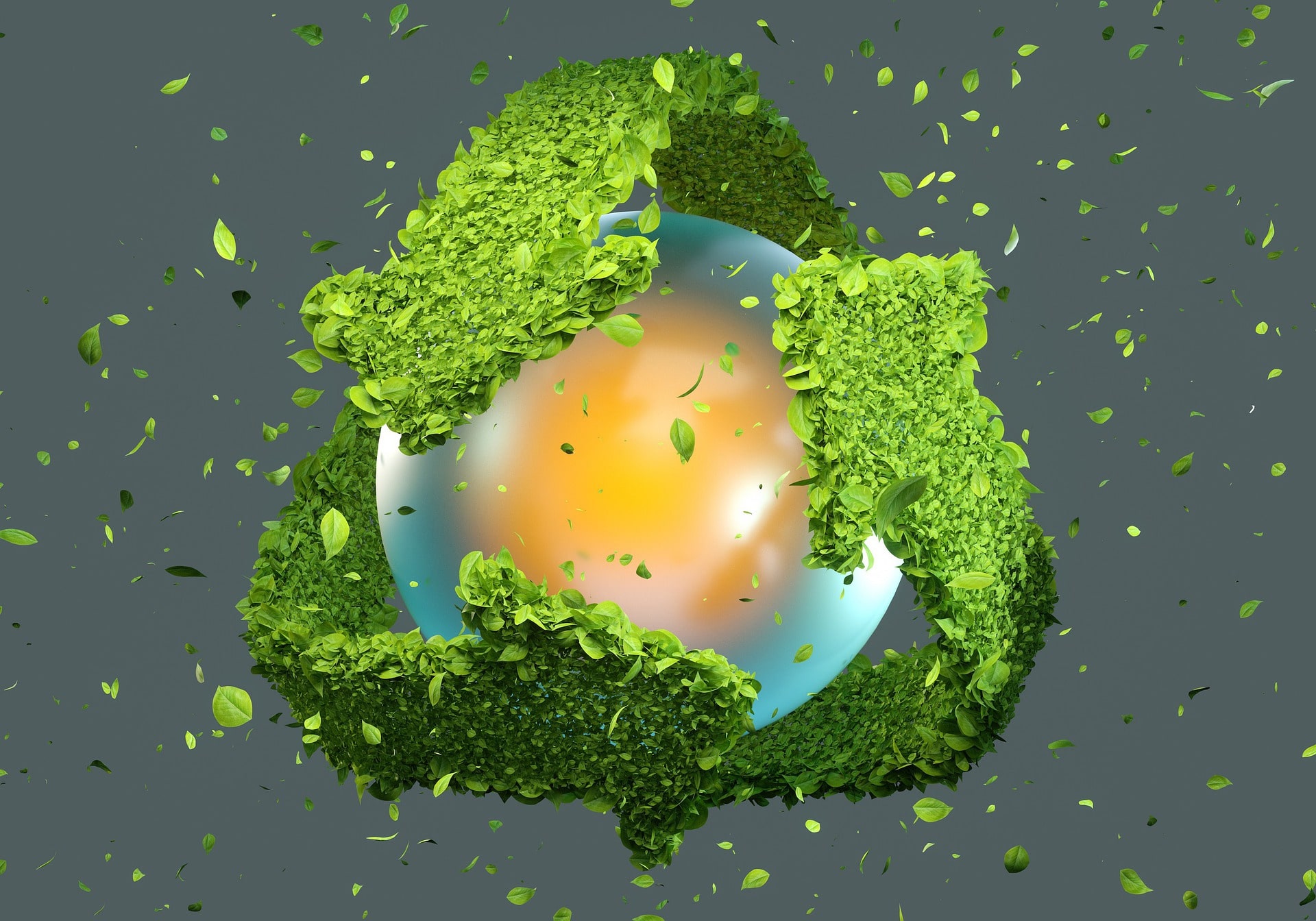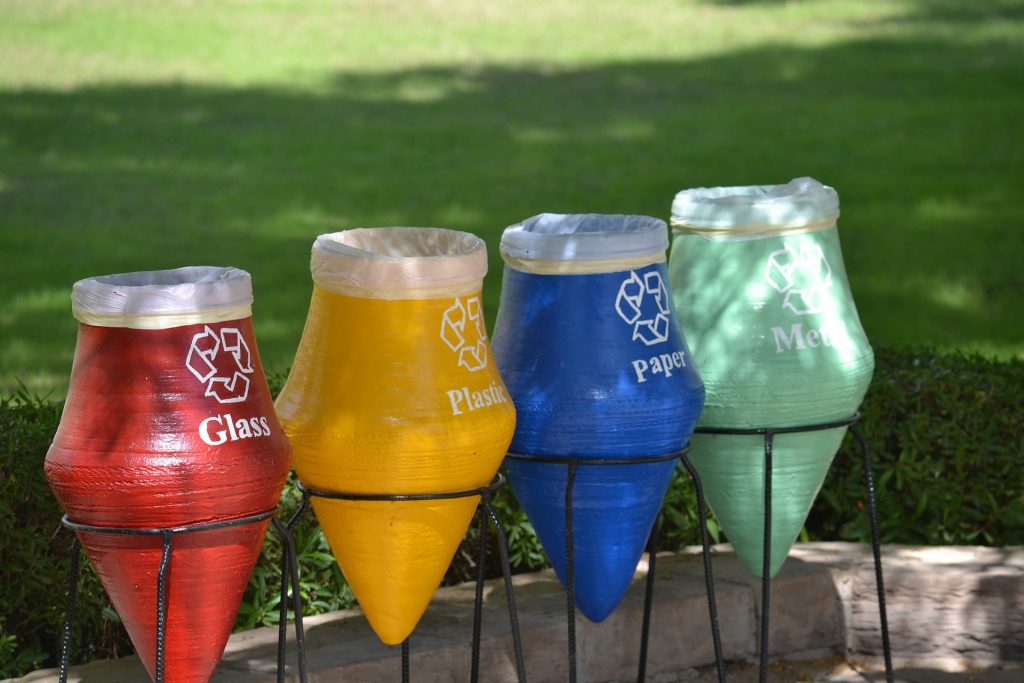Waste & material traceability solution for sustainable facilities

The collection and conversion process of waste materials into usable and new materials is called Recycling. It is one of the eco-friendly methods of solid waste management for a sustainable society instead of letting it go to landfills. Current disposal methods threaten our environment and health, but with sustainable recycling, we conserve natural resources and decrease the harm we cause to the world. Recycling non-renewable materials reduce environmental pollution and protect natural ecosystems. Nevertheless, we have to remember that not every recycling operation is sustainable and beneficial for our environment.
Recycling is a long process and being conscious throughout the entire process is a must. While as citizens we can make an effort to be as careful as possible in separating and collecting our recyclable materials, it is very difficult for waste collection companies and material recovery facilities to be as cautious as we are. In light of this difficulty, Evreka offers specified intelligent recycling solutions from citizens to recycling companies to help each step of the recovery process be sustainable.
Recycling plays a major role in today’s standards of welfare. The new era of sustainability in the 21st century is one of the major concerns that created a need for an alternative to conventional waste disposal.
An increasing number of governments, companies, organizations and people encourage recycling. Let’s find out why!
Recycling begins at home! You can easily contribute to a sustainable environment by utilizing your old product instead of throwing away. This concept is called Reduce, Reuse, Recycle! Recycling is a continuous loop that is represented by the famous three arrows. Each arrow means a different step in the process. Let’s have a look at how to Recycle!
The first step is Collection and Processing. Collection includes deliveries like curbside collection, drop-off centers, and refund or deposit programs.
Curbside Collection is a service provided to households by municipalities or recycling companies. In this service, trucks collect waste and deliver it to a Recycling plant. Drop-off Centers are for the wastes which can’t be collected via Curbside Collection process. Lastly, Deposit/Refund programs use reverse vending machines which refund the deposit when waste is inserted.

After collection in the recycling plant, recyclables are being sorted, cleaned and processed into materials that can be used in manufacturing.
Second step is Manufacturing. As it is listed in the beginning, products that are being manufactured with recycled content are high in number. Production facilities are enjoying the benefit of lowering their costs by being provided with recycled raw materials thanks to sustainable waste recycling.
Third step is Purchasing New Products Made from Recycled Materials. The finishing step is also the initiative step. We, as a community, help close the continuous loop when a recycled product is being purchased. Furthermore, we help initiate the loop again by demanding one!
Sustainability is the key to a healthy environment and successful business. Besides the environmental benefits mentioned above, Recycling has outstanding advantages from a business perspective. It is modern, cost-efficient, promising and profitable. Also, carrying out sustainable practices with the help of smart waste management solutions increases the credibility of the company and is favored by customers. Thus, Evreka offers sustainable recycling solutions that will increase your operational efficiency and profits while helping you stay eco-friendly.
The transition into recycling business is a profitable decision for waste management companies according to The Institute for Local Self-Reliance. The Institute states that communities that maximize recycling save money by redesigning their collection schedules and/or trucks.
Increased global consumption generates more waste and it is followed by more demand for recyclable materials through increased production. Producing new aluminum from old products such as recycled cans and foil uses 95% less energy than making it from scratch. For steel it is about a 70% energy saving. Additionally, the amount saved from recycling one glass bottle is equivalent to energy used for powering an old 100-watt light bulb for 4 hours and a lot longer for LED. Isn’t that shocking?
Remember, Future is connected to the Nature.